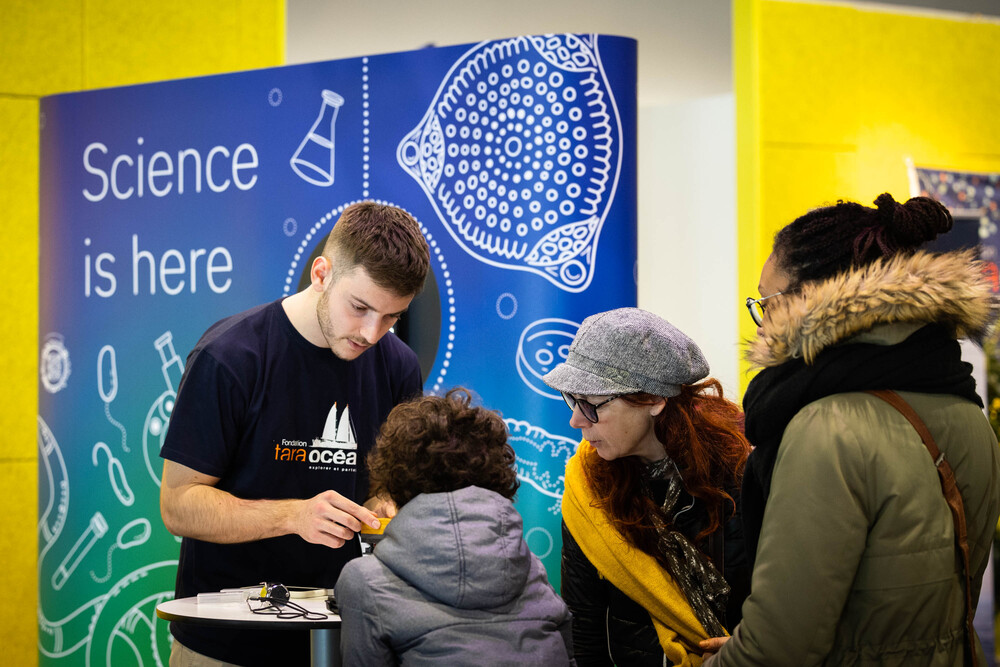What do people value about this career?
In our careers and skills survey, science publishing professionals told us that they appreciate that their work:
- is intellectually stimulating
- can be completed within reasonable working hours
Career guidance for early career researchers in the life sciences and related fields
Publishing professionals are employed in a range of roles by society journals and commercial publishers. This includes professional editors for scientific journals and commissioning editors for science magazines or book publishers. The most common career destination for PhD-holders in publishing is a professional scientific editor at a journal, and we focus on this role here.
The tasks associated with a professional scientific editor role may include a subset of the following activities:
It is possible to enter scientific publishing directly from the bench. Applicants with at least one postdoc may be preferred over applicants directly from the PhD, but this depends on the publisher. The job title for the first position varies: depending on the publisher this can be ‘Assistant editor’, ‘Associate editor’, ‘Scientific editor’ or another title. To understand which title is used by a specific publisher, you can look for their editors on LinkedIn and see what position they had when they joined the journal from academia, or look for the newest editors on their website (most journals have an ‘about the editors’ page with a biosketch for each of their editors).
Many scientific publishers offer possibilities for career progression, i.e. moving to more senior roles (editor, senior editor, chief/executive editor) at the same/another journal, or moving into other management positions within publishing. After gaining experience in the role, some editors also later change career direction – for example, moving into grant or science management roles, or becoming consultants in scientific writing.
Editors need a broad scientific knowledge and critical thinking skills to read and assess the scope of articles from a range of fields. They have to make logical decisions based on expert reviews and clearly articulate the basis of the decision to authors. A core of the job involves engaging with authors, reviewers, and the scientific community using a variety of communication channels (e.g. email, in-person meetings, phone calls, social media platforms, and scientific events). The ability to reach out and build a strong network is therefore a key aspect of the role.
In our careers and skills survey, 5 science publishing professionals told us the competencies they use most in their daily work The most frequently selected competencies were:
For companies/societies publishing English-language journals, no additional languages are required. Scientific editors are not involved in copy editing at most journals, so while excellent communication skills are very important, you do not need to have perfect English grammar.

In our careers and skills survey, science publishing professionals told us that they appreciate that their work:
We highly recommend learning more about the careers using the resources above, then conducting informational interviews to gain further insights directly from former PhDs working in career areas that interest you.
Further internal resources (e.g. library of recorded career talks) can be found on our intranet pages.
Anne Nielsen tells us about her role as a scientific editor at The EMBO Journal, including how she made the transtition from a postdoc to EMBO.